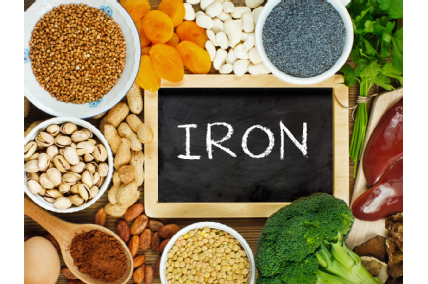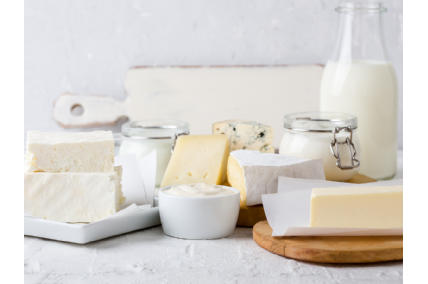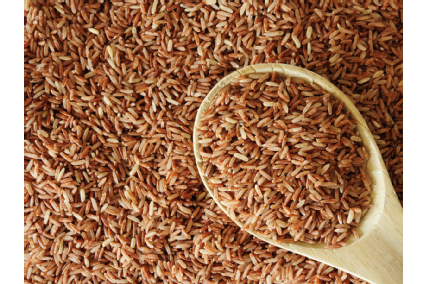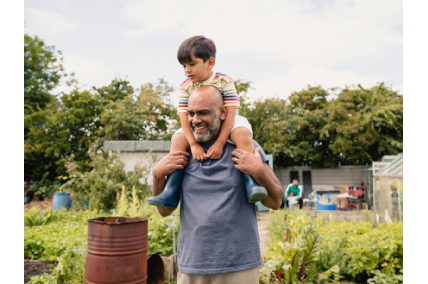Keeping a Balanced Diet
A balanced diet is an important part of maintaining good health. It means consuming a wide variety of foods in the right amounts to achieve and maintain a healthy body weight.
- Eat regular meals based on starchy carbohydrates
- Aim to eat five portions of fruit and vegetables each day, all of which are naturally gluten free
- Monitor the fat in your diet, especially saturated fats
- Keep an eye on sugar. It's is often added to sweets, biscuits, cakes and full sugar fizzy drinks
- Eat plenty of fibre
- Cut down on salt
Good gluten free sources of starchy food include
- rice
- potatoes
- gluten free grains
- gluten free bread
- gluten free pasta.
Foods high in fibre include
- brown rice
- high fibre/multigrain gluten free breads
- pulses (peas, beans and lentils)
- nuts and seeds
- fruit and vegetables
Foods particularly high in salt include processed foods, ready meals and snacks. Avoid adding salt to meals and try using herbs and spices to add flavour instead. By following a healthy balanced diet you will help you get all the vitamins and minerals you need. See the Eat Well Guide from Public Health England for an idea of what your balanced plate should be like.
If you have further questions on your balanced gluten free diet, speak with your GP, dietitian or call the Helpline on 0333 332 2033 to speak to one of our dietitians. Or find out more about key nutrients to include in your diet:
Type 2 diabetes: We've recently added a new information leaflet to help you manage type 2 diabetes and coeliac disease.




